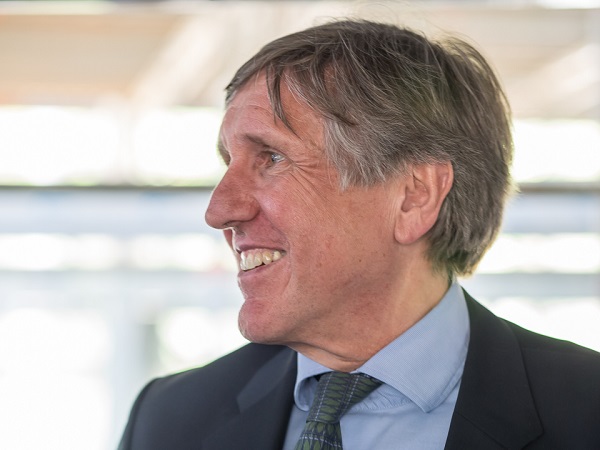 Minister of Sustainable Development and Infrastructure, François Bausch;
Minister of Sustainable Development and Infrastructure, François Bausch;
Context
Agreement on the railway domain
On the basis of the evolution of the mobility needs, the hourly contexts and the different projects in Luxembourg and France, a study of the capacity increase was carried out jointly on the Metz - Thionville - Luxembourg axis.
In France, the following adjustments will have to be made:
• strengthening the power supply of the line in France so that all trains can be run in UM3;
• development of two car parks near the Thionville and Longwy stations, with respective capacities of approximately 700 and 660 spaces.
By 2028-2030, the following adjustments will have to be made:
• removal of level crossings between Thionville and the border;
• recovery of the Thionville station track plan and development of passenger flows;
• adjustments necessary for the smooth flow of freight traffic through the completion of a third lane (freight lock) on both sides of the France-Luxembourg border;
• development of the Metz railway node;
• Complementary interventions on existing infrastructures and stations.
The target offer by 2028-2030 will allow 10 trains per hour and per direction to be run at peak times, i.e. 8 TER (maximum of 8,000 passengers per hour), 1 TGV and 1 freight train. This ambitious objective will make it possible to multiply by 2.5 the number of users currently using the TER.
In addition to the promotion of rail transport and to promote more sustainable road mobility, the parties agreed to promote the use of public transport by road and carpooling on the Metz-Luxembourg motorway A31 motorway axis. (French side) and A3 (Luxemburg side), and in particular:
• define, finance and implement a group parking programme for carpoolers;
• define, finance and implement a relay park and bus station program to promote the use of cross-border road transport;
• to study, evaluate and implement, on the A31 motorway (French side) and before enlargement if necessary, the creation of a dedicated public transport lane in place of the existing emergency lane, in line with the project of setting up 2x3 lanes of the A3 motorway.
The programme of grouping car parks for carpooling, relay parks and bus stations, whose project management is intended to be carried by local authorities, will be co-financed by Luxembourg up to a maximum of €10,000,000.
In addition, Luxembourg will assess the need for the introduction of new cross-border services by public road transport to the relay car parks planned in France in addition to the services currently in place, which are fully financed by Luxembourg at a rate of €13,000,000 per year.
This will significantly increase the occupancy rate of individual cars and thus create new transport capacity on the road.
All the above-mentioned measures in the railway sector, in public transport and in carpooling will help develop the cross-border mobility offer and create a strong incentive to use alternative transport (rail, bus, carpooling).
The primary networks are consolidated, discouraging motorists to take the "small paths" by borrowing the secondary network (national roads, roads taken, even the communal roads). It is then also the neighboring localities that benefit from a gain in the quality of life and urbanity.
"The reduction in car traffic resulting from all these investments significantly offloads urban spaces and significantly increases the quality of life in our cities. It also promotes the economic competitiveness of our country," said Minister François Bausch.








